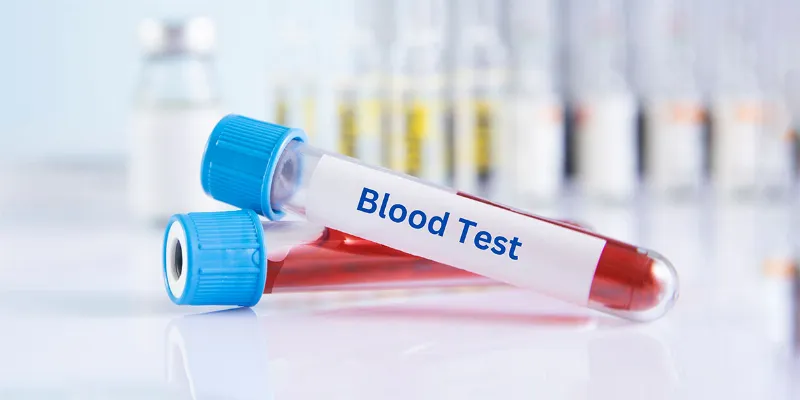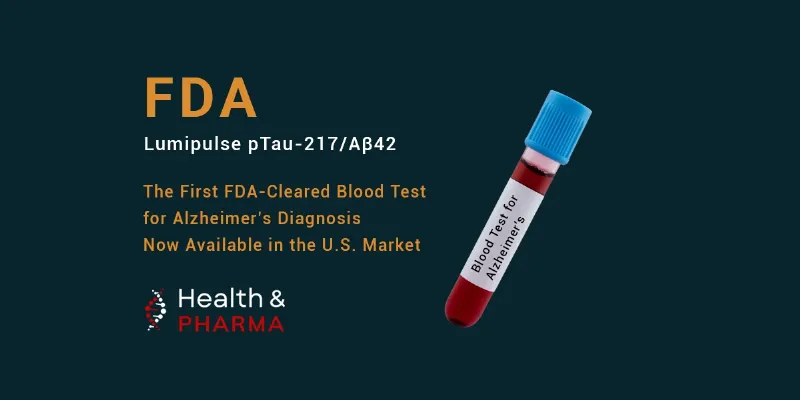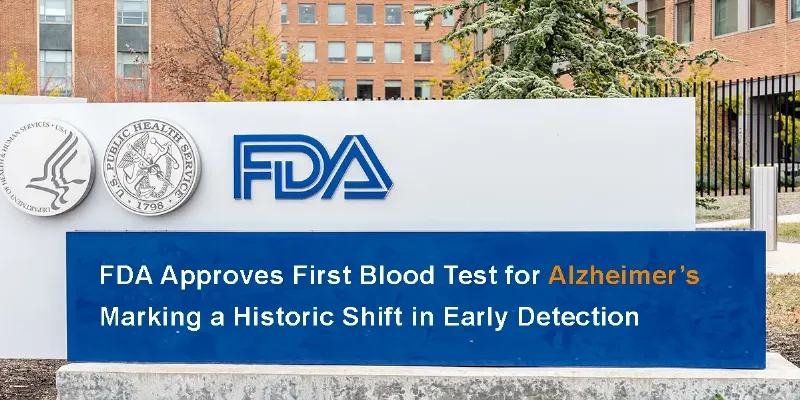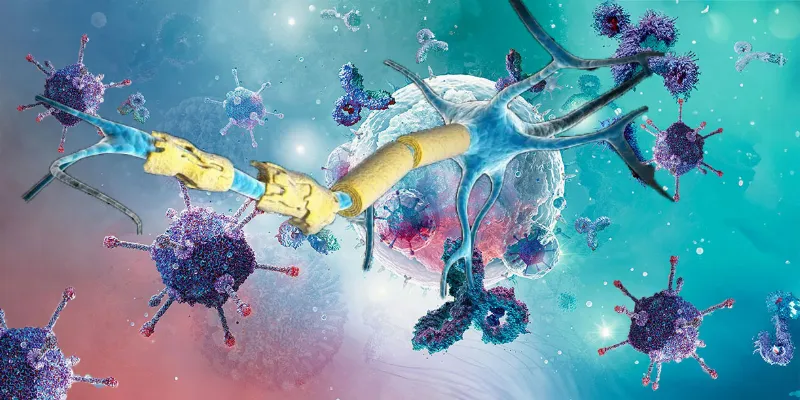APS2 Blood Test for Alzheimer's Could Revolutionize Early Diagnosis in Primary Care

29 July 2024
New research highlights the effectiveness of the APS2 blood tests in diagnosing Alzheimer's disease with up to 90% accuracy, potentially replacing costly and invasive conventional methods. Presented at AAIC 2024 and published in JAMA, the study shows APS2's superiority in both primary and specialized care, promising earlier detection and faster access to treatment, significantly streamlining the diagnostic process.
In a breakthrough that promises to reshape the diagnosis of Alzheimer's disease, new research presented at the Alzheimer's Association International Conference (AAIC 2024) underscores the effectiveness of blood tests in accurately detecting Alzheimer's disease. These tests, which could soon be widely used in physicians' offices, have the potential to revolutionize diagnosis and treatment success, offering a simpler, quicker, and more accessible diagnostic method.
A New Era in Alzheimer's Diagnosis
Traditionally, diagnosing Alzheimer's has relied on costly and invasive procedures such as PET scans and lumbar punctures. However, the new study introduces a blood test, known as APS2, which utilizes biomarkers—specifically the plasma phosphorylated tau 217 (p-tau217) and amyloid-β ratios—to detect the disease with remarkable accuracy. This test, which demonstrated a diagnostic accuracy between 88% and 92% in both primary and specialized care settings, significantly outperforms current diagnostic practices by clinicians.
The research involved 1,213 patients who underwent cognitive evaluations in primary or secondary care settings across Sweden from February 2020 to January 2024. The APS2 test was proven to be highly effective in these real-world settings, providing a diagnostic accuracy that far surpassed that achieved by dementia specialists and primary care physicians without its use.

Implications for Clinical Practice and Patient Care
Dr. Maria C. Carrillo, Ph.D., chief science officer at the Alzheimer's Association, emphasized the transformative potential of these findings, saying, “While at this time doctors in primary and secondary care should use a combination of cognitive, blood, or other biomarker testing to diagnose Alzheimer's, blood tests have the potential to increase the accuracy of early diagnoses and maximize the opportunity to access Alzheimer's treatments as early as possible for better outcomes.”
Additionally, the study revealed that this blood test could facilitate a more straightforward selection of cognitively unimpaired individuals for clinical trials, potentially aiding in the development of treatments before the onset of significant symptoms. This aspect is particularly vital as the quest continues for therapies that can halt or slow the progression of Alzheimer's at its earliest stages.
Streamlining the Path to Diagnosis and Treatment
One of the most significant impacts of implementing the APS2 test could be the reduction in wait times for diagnosis and treatment. Current diagnostic processes are often lengthy and complex, requiring referrals from primary care to specialized Alzheimer's disease centers. However, with the APS2 test, primary care physicians could perform initial screenings, reducing the need for specialist referrals and, consequently, decreasing the diagnostic timeline dramatically.
Toward a Global Standard
The research team, led by Sebastian Palmqvist and Dr. Oskar Hansson from Lund University, Sweden, advocates for the global clinical implementation of the Alzheimer's blood test. Their findings highlight the need for clear clinical guidelines to ensure the effective and widespread use of blood biomarkers in diagnosing Alzheimer's, particularly in primary care settings where it could be most impactful.
"We see this as a major step towards global clinical implementation of an Alzheimer's blood test," said Dr. Hansson. "It highlights the need for Alzheimer's biomarkers in making a correct diagnosis more of the time. The next steps include establishing clear guidelines for how an Alzheimer's blood test can be widely used in clinical practice and in primary care."
Blood Biomarkers to Detect Alzheimer Disease in Primary Care and Secondary Care
Key Points: Question Can a blood test based on the ratio of plasma phosphorylated tau 217 (p-tau217) relative to non–p-tau217 (expressed as percentage of p-tau217) combined with the amyloid-β 42 and amyloid-β 40 plasma ratio (the amyloid probability score 2 [APS2]) accurately identify Alzheimer disease in primary care and secondary care when prospectively applying predefined biomarker cutoff values? Findings There were 1213 patients undergoing cognitive evaluation in primary or secondary care. The APS2 had high diagnostic accuracy (range, 88%-92%) for detecting Alzheimer disease pathology in both primary and secondary care. Dementia specialists identified clinical Alzheimer disease with a diagnostic accuracy of 73% vs 91% using the APS2 and primary care physicians had a diagnostic accuracy of 61% vs 91% using the APS2. Meaning This blood test (the APS2) had high diagnostic accuracy for identifying Alzheimer disease among individuals with cognitive symptoms in primary and secondary care, providing superior performance compared with the diagnostic accuracy after standard clinical evaluation (not using Alzheimer disease biomarkers).











Comments
No Comments Yet!